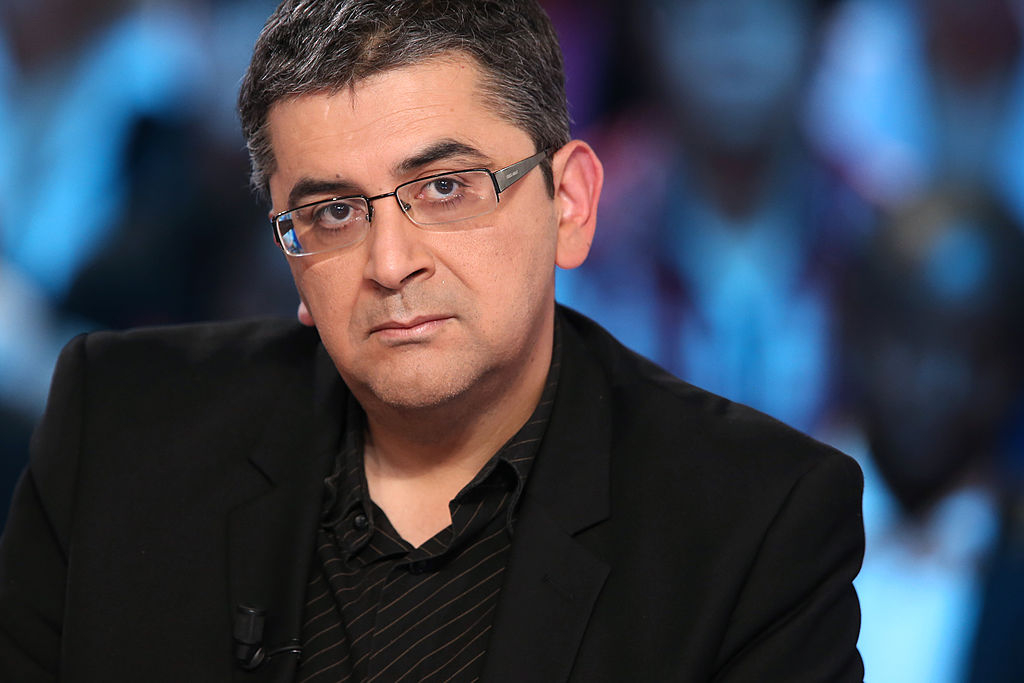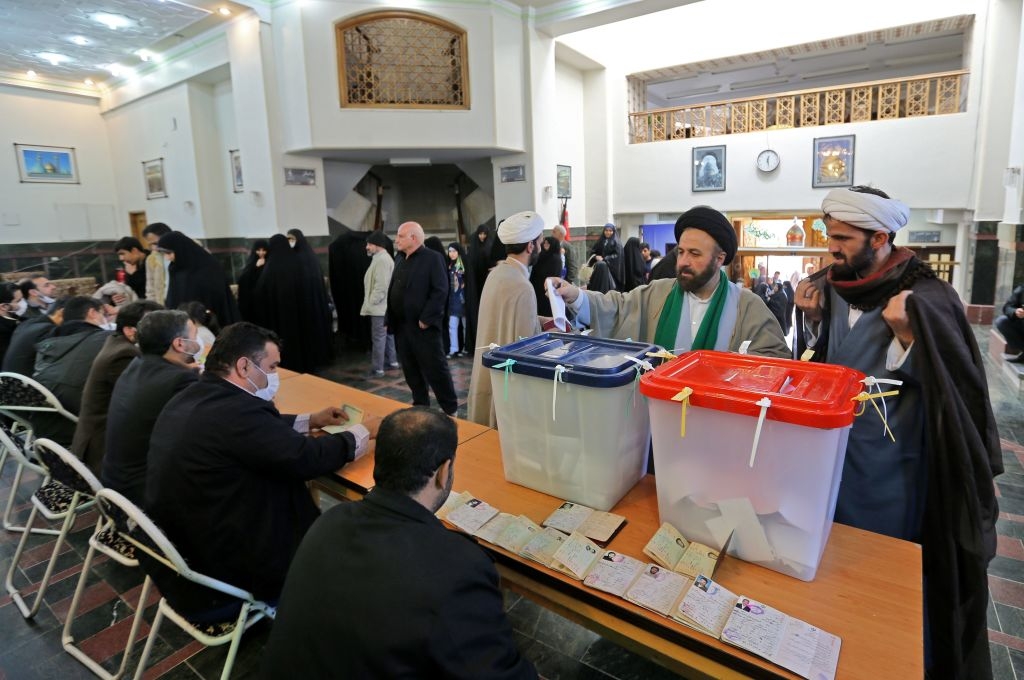by Giulio Meotti • February 23rd
Minority groups claim "safe spaces", but the ones who really need safe spaces are those who disgree with the reigning orthodoxy.
An appeal by some French intellectuals, including many Muslim thinkers such as Boualem Sansal and Zineb el Rhazoui, criticized this "intellectual terrorism."
Free expression is not needed for "politically correct" or sedative speech, but it is the only protection the minority has from the tyranny of the majority.
"[T]he freedom of Speech may be taken away — and, dumb & silent we may be led, like sheep, to the Slaughter." — US President George Washington, 1783.
The European university -- which should be the home of open pluralism, debate, research and thought -- has instead become the paradise of intellectual sectarianism and terror. This new radicalism will reinforce not only political correctness, but also submission to coercion in the West.

Mohamed Sifaoui was forced to flee North Africa in 1999 after death threats from Islamists, and now lives in France under police protection. His course on radicalization was recently cancelled by Sorbonne University in Paris, which Sifaoui blamed on "the pressures of Islamic associations and left-wing unions." (Photo by Thomas Samson/AFP via Getty Images)
Western universities have become places of personal fear and intellectual terror. Formerly sanctuaries for open inquiry, instead fierce ideological minorities have been setting red lines of orthodoxy in the face of a silent or, worse, compliant academy. Education -- from ex ducere, to lead out -- has been increasingly eroded by ideological fundamentalism and an attempt to determine not only what actions are acceptable, but even words and thoughts.
Social media has helped by officially reviving the lynch mob. We must now all sing the praises of multiculturalism, Islam, immigration, post-colonial guilt and racializing just about everything. In this new Inquisition, not even the slightest doubt or dissent can be tolerated -- it must be punished!
by Amir Taheri • February 23, 2020 at 4:00 am
The difficulty was that the leadership of the revolution had no intention of creating a Western-style society in which economically and socially Westernized Iranian middle classes would feel at home. One way to deceive them was to continue with a tradition of elections dating back to 1907.
Four decades later, a new middle class has emerged. President Hassan Rouhani refers to it as "the well-off 30 percent" -- people who are prepared to live a double life in which economic comfort, not to say prosperity, is combined with lack of political freedoms and restrictive social norms.... In this double life, the new middle class passes part of the year abroad, mostly in Western Europe and North America, where it can wear what it likes, eat what it likes and live like its Western counterparts.
[O]ver 3,000 high-ranking officials have permanent-resident permits for the United States and Canada.... Thousands of the children of this new middle class attend Western universities, mostly in the US and Canada.... In Western Europe and North America, tens of thousands of former Islamic officials and their associates own property and substantial investment portfolios.
A Majlis reflecting the reality of a corrupt, incompetent and brutal regime in full is less harmful than one designed to hide the nature of the Islamic Republic and promote forlorn hopes of moderation and reform.

Iranians went to the polls on Friday to elect a new Islamic Consultative Assembly, an ersatz parliament designed to give an autocratic regime a pseudo-democratic varnish -- an exercise that many regard as insulting and futile. Pictured: Iranian voters cast their ballots at the Shah Abdul Azim shrine on the southern outskirts of Tehran, on February 21, 2020. (Photo by Atta Kenare/AFP via Getty Images)
Iranians went to the polls on Friday to elect a new Islamic Consultative Assembly (Majlis), an ersatz parliament designed to give an autocratic regime a pseudo-democratic varnish. At the same time, voters were invited to participate in by-elections to fill vacancies in the Assembly of Experts, a grouping of mullahs supposed to supervise the performance of the "Supreme Guide".
With the final official results not yet available, it is not clear how many of the 60 million people eligible to vote bothered to take part in an exercise that many regard as insulting and futile. A number of polls, including some conducted by the government, predicted a turnout no higher than 50 percent. A Ministry of the Interior poll put the number of those who intended to vote in Tehran at 24 percent.
|
|



No comments:
Post a Comment